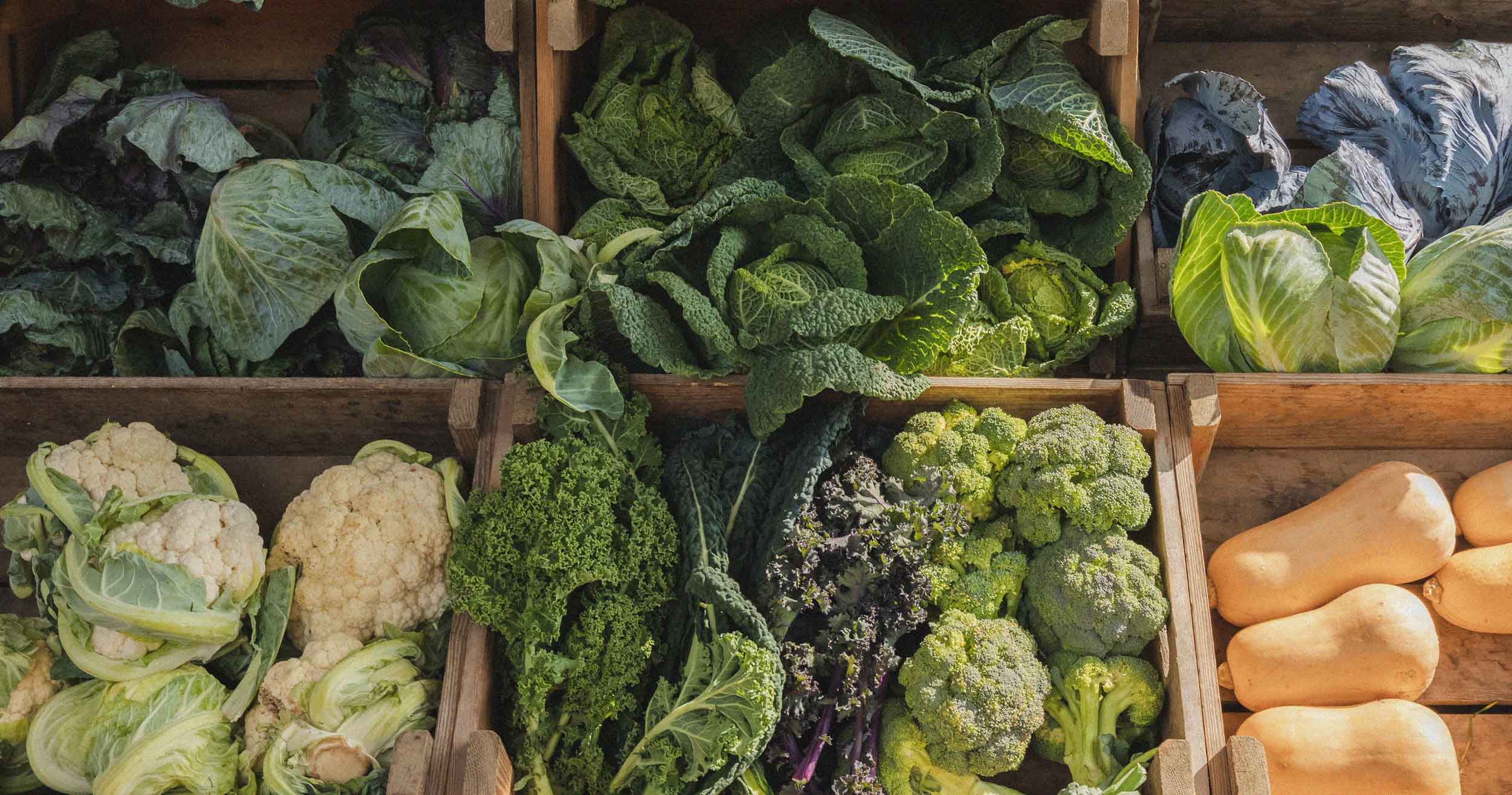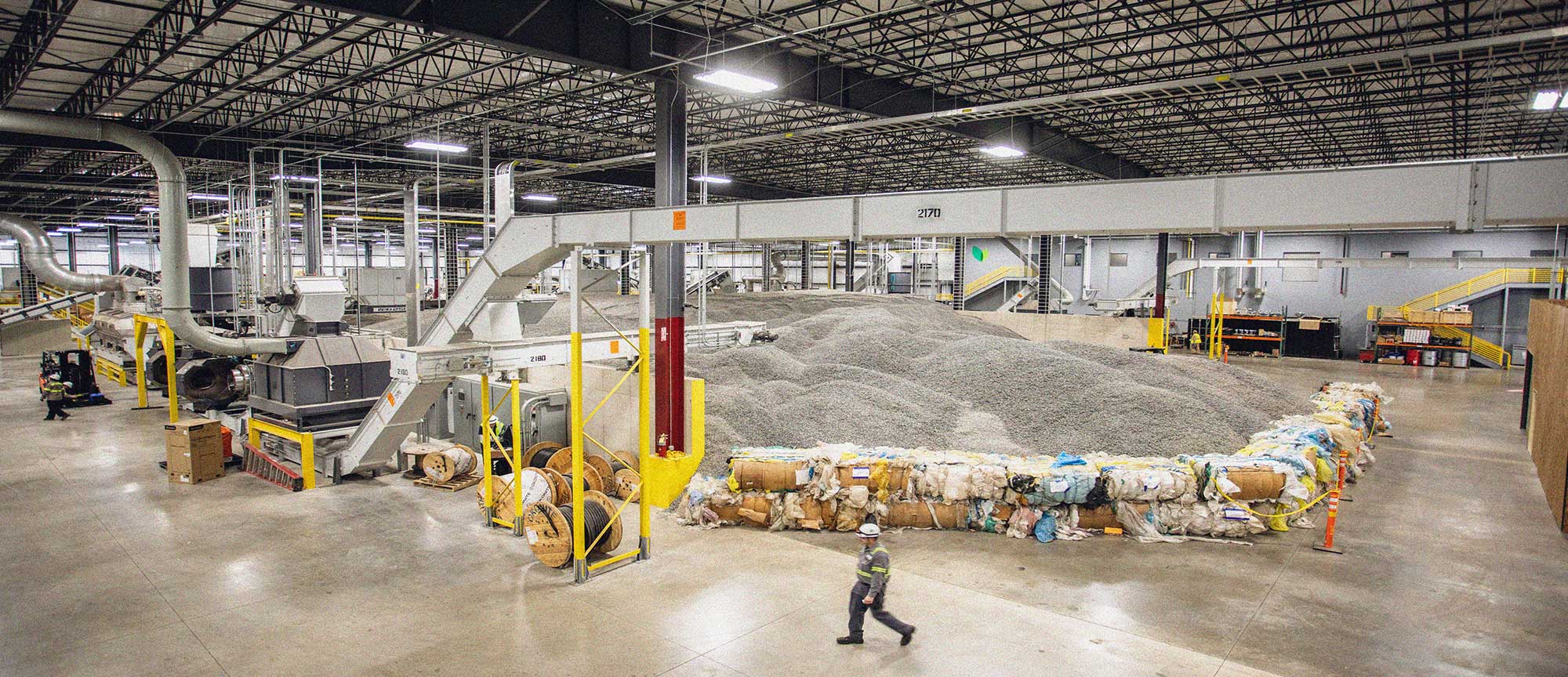While groceries are not inherently unethical, certain practices within the grocery industry can raise ethical concerns.
One of these concerns includes the industry’s substantial environmental footprint. The products we see lining the shelves of every local supermarket significantly contribute to detrimental ecological conflicts, such as excessive carbon emissions and plastic waste.
When it comes to excessive carbon emissions within the grocery industry, they mostly arise from the industry’s multiple stages of production, processing, transportation, and food storage. Every year, the average grocery store emits 1,900 tons of carbon dioxide from the electricity and natural gas needed for operations, which equates to emissions from 360 cars. With more than 63,000 supermarkets in operation in the United States alone, you can begin to understand why this is starting to raise concerns.
Alongside energy-intensive practices, the pervasive use of low-value plastics found in consumer products in grocery stores amounts to 82 million tons of waste each year, earning single-use plastic packaging its rank as the largest contributor to plastic waste. This cumulative waste ends up in oceans and landfills, taking up to 500 years to break down due to its slow decomposition.
These statistics have led critics to believe that there is no such thing as ethical grocery shopping. These judgments are mirrored in a recent study conducted by Retail Insight, where a group of 1,000 U.S. shoppers was surveyed for their opinions on the sustainability of their supermarkets. Most respondents expressed that grocery stores need to improve their sustainability credentials. At the same time, only 6 percent believe supermarket sustainability claims come from a genuine desire to save the planet.
Despite these sentiments, sustainability is still not a mainstream concept for many corporations in the grocery industry. While there have been efforts made by some, such as initiatives in sustainable sourcing and reducing packaging waste, it is clear grocery stores have a long way to grow in their green practices.
So, if you’re someone looking to shop for groceries in a green(er) manner, what can you do?
How Farmers Markets Play into Sustainability
By adopting sustainable habits, individuals can make a difference by practicing more environmentally friendly ways to shop. When exploring how to deploy sustainable practices, shopping at local farmers markets offers several environmental benefits compared to conventional grocery shopping.
Reduced Carbon Emissions
One of the largest contributors to excessive carbon emissions from grocery stores comes from long-haul transportation. Locally produced food eliminates or reduces the need to haul groceries long distances, significantly reducing carbon emissions associated with food transportation. By supporting local farmers, you contribute to lowering greenhouse gas emissions and reducing the environmental impact of long-distance food miles.
Fresher Produce and Reduced Waste
Buying produce from farmers markets allows you to purchase fresh, seasonal produce directly from the farmers—helping support small businesses and the environment. The freshness of these goods leads to a longer shelf life, reducing the likelihood of food waste. Additionally, the lack of excessive plastic in the packaging helps minimize plastic waste. By eliminating the need to incorporate single-use plastic packaging, shopping at farmers’ markets further reduces your ecological footprint and promotes an environmentally friendly shopping experience.
Support for Sustainable Practices
Many vendors at farmers markets use certified organic practices. For example, sustainable farming methods promote soil health, biodiversity, and water conservation, leading to a healthier environment. Not only does the reduction of synthetic pesticides and chemicals reduce soil and water pollution, but it is also found that produce sold at farmers markets is generally better for your health. By advocating for sustainable practices, farmers help play a role in preserving land and preventing urban sprawl.
Connect With Your Community
Among all other benefits, shopping at farmers markets lets you connect directly with the farmers who grow your food. Through this transparency, you can work to make informed choices that align with your environmental values, further practicing ethical consumerism.
Farmers Markets Near You
California: Original Farmers Market
Location: 6333 W. 3rd Street, Los Angeles, California
Colorado: Boulder Farmers’ Market
Location: 13th Street between Arapahoe and Canyon, Boulder, Colorado
Florida: Jacksonville Farmers Market
Location: 1810 W. Beaver Street, Jacksonville, Florida
Georgia: Grant Park Farmers Market
Location: 1039 Grant St. SE Atlanta, Georgia
Illinois: Green City Market
Location: Lincoln Park, 1817 N Clark St, Chicago, IL 60614
Indiana: Kokomo Downtown Farmers Market
Location: Intersection of Mulberry and Washington Streets, Kokomo, Indiana
Michigan: Frankenmuth Farmers Market
Location: 534 N. Main Street, Frankenmuth, Michigan
New York: Union Square Greenmarket
Location: E. 17th Street and Union Square, West New York, New York
North Carolina: State Farmers Market
Location: 1201 Agriculture Street, Raleigh, North Carolina
Texas: Texas Farmers Markets
Location: 11200 Lakeline Mall Dr, Cedar Park, TX 78613
Virginia: Old Town Farmers’ Market
Location: 301 King Street, Alexandria, Virginia
Washington: Pike Place
Location: Seattle Marketfront, Seattle, Washington
Source: https://www.tasteofhome.com/collection/best-farmers-markets/
*Some farmers markets might not be open year-round, so check hours before your visit.





